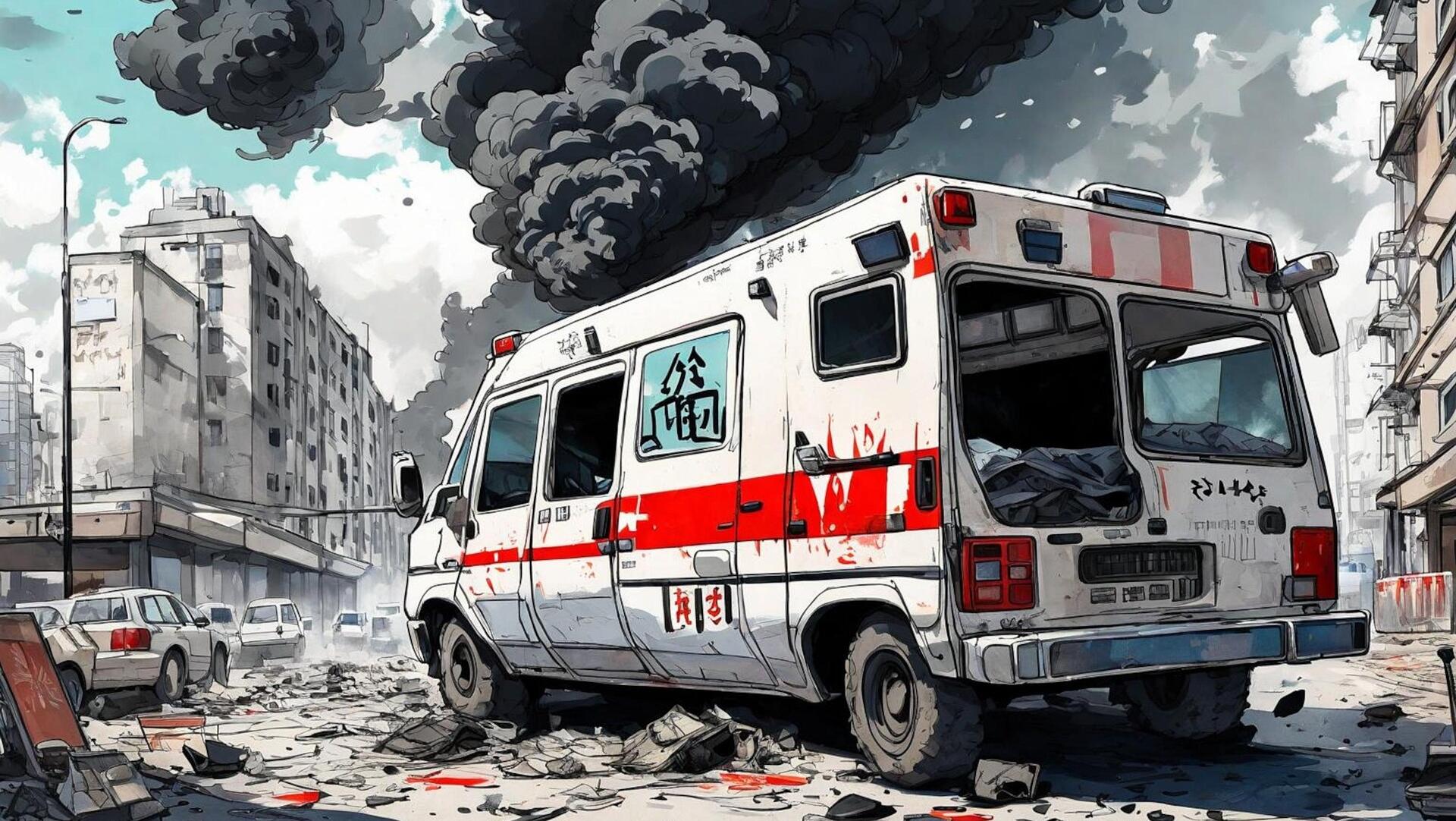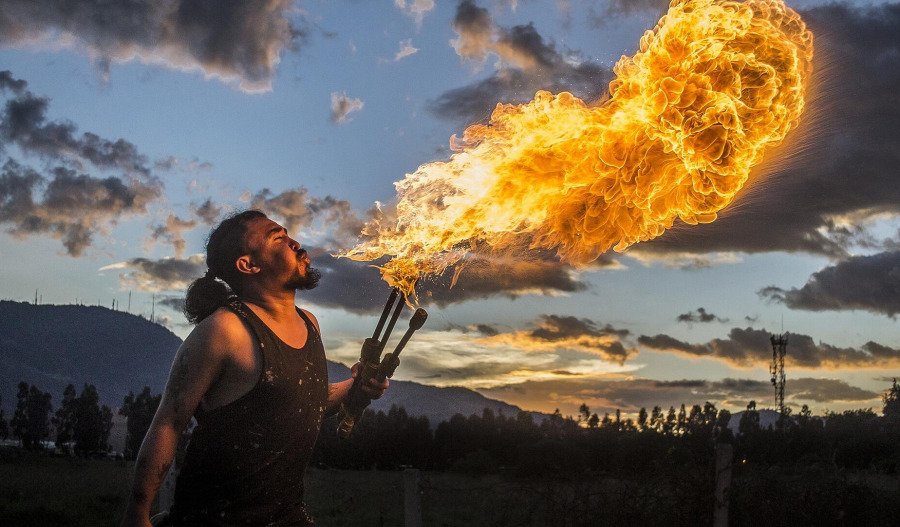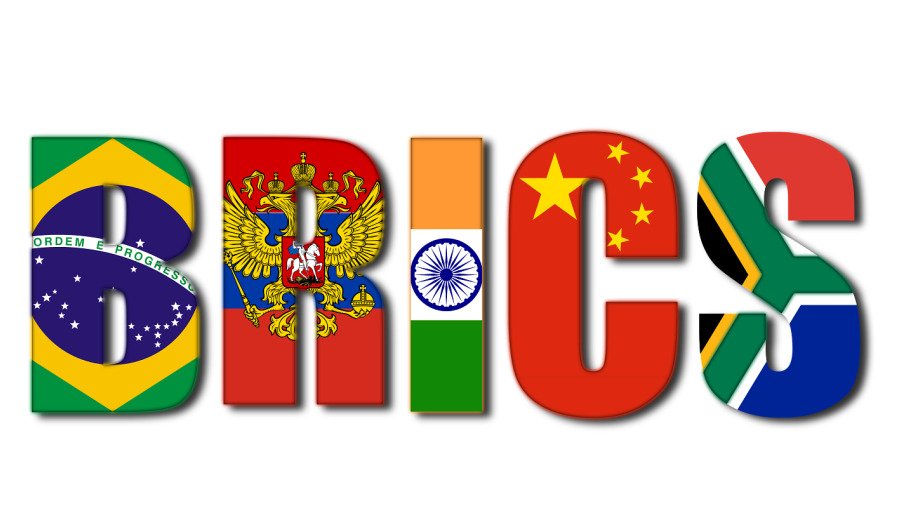Full-scale invasion of Ukraine in February 2022 has finally taken its toll on Russia with Minister for the Economy Maxim Reshetnikov warning on Thursday that the country’s economy was teetering on the "brink of recession”.
Speaking on the second day of the annual St. Petersburg International Economic Forum, Reshetnikov told delegates that current business sentiments and indicators pointed to a looming downturn.
While Reshetnikov pulled short of concluding that a recession was not inevitable, he told the media that avoiding one would depend on policy decisions.
"I didn't predict a recession. I said we're on the brink. From here on out, everything will depend on our decisions," noted Reshetnikov who in May said that the economy was cooling so sharply it risked entering a state of economic "hypothermia."
Russia's GDP grew just 1.4% year-on-year in the first quarter of 2025 - the weakest pace in two years.
Not unlike U.S. President Donald Trump’s missive to the Federal Reserve chairman a day earlier, Reshetnikov urged Russia's Central Bank Governor Elvira Nabiullina to show "a little love for the economy” by lowering rates.
The central bank has kept rates high to curb inflation within an overheated economy and focused on supporting the needs of the military fighting in Ukraine.
While Russia recently cut interest rates from 21% to 20% for the first time since 2022, borrowing costs remain close to record levels.
Unsurprisingly, with high rates now stifling investment, businesses are echoing Reshetnikov’s call for additional cuts.
War impact unwinding
Despite a slew of sanctions after the Kremlin sent troops into Ukraine in February 2022, officials reported strong expansion in 2023 and early 2024.
High defense spending propelled growth and kept unemployment low; however, it also fuels inflation.
While annual inflation remains high, due in part to state spending and labor shortages – with Russia now experiencing a 2.6 million worker shortfall by the end of 2024 - it dipped below 10% in May.
However, it remains more than double the Central Bank’s 4% target for over a year.
Underscoring the strong expansion in 2023 and early 2024 were large recruiting bonuses for military enlistees and death benefits for those killed in Ukraine, which put more income into the country’s poorer regions.
However, economists are quick to point out that war-driven growth is now unravelling which is now highlighting the dismal productivity gains in other parts of the economy.
Recession is here
Meanwhile, the Centre for Macroeconomic Analysis and Short-Term Forecasting - an economic think tank close to the government - last week confirmed that most civilian sectors were already in recession.
Equally concerning, the think tank saw nothing on the horizon to kick-start economic growth.
"It seems that an 'economy of stagnation' has formed," think tank analysts write.
In the absence of foreign investment, Alexander Vedyakhin, First Deputy CEO of Russia's largest lender Sberba noted that with tight monetary policy creating over-cooling risks, low interest rates of 12-14% were now needed to restart investment lending.
Meanwhile, economists expect further attempts by the central bank to dampen inflation to result in a sharp – albeit intentional - economic slowdown.
The great unknown, adds Brigitte Granville, professor of international economics and economic policy at Queen Mary, University of London is whether the Russian economy would undergo a 'hard landing' — which would tip the economy into recession — or a 'soft landing,' where inflation moderates without triggering a recession.
Even if a technical recession did occur, Granville said Russia's labour market remains extremely tight, supporting wage growth.
“Even a hard landing would not have serious consequences for the sustainability of Russia's war effort.”
All-in-one defence
Since the start of the war, Russia has gone all in on defence spending and is on track to spend about $130 billion on defence this year, roughly a third of its federal budget, up from 28.3% in 2024.
Meanwhile, one Swedish economist predicts that Russia’s sustained war effort could potentially see it run low on cash and predicts that Russia could run out of liquid reserves as soon as this Autumn.
Also impacting Russia’s liquidity is the impact of Western sanctions, which have targeted its oil and gas exports and largely cut financial institutions off from the international financial communication system SWIFT.



